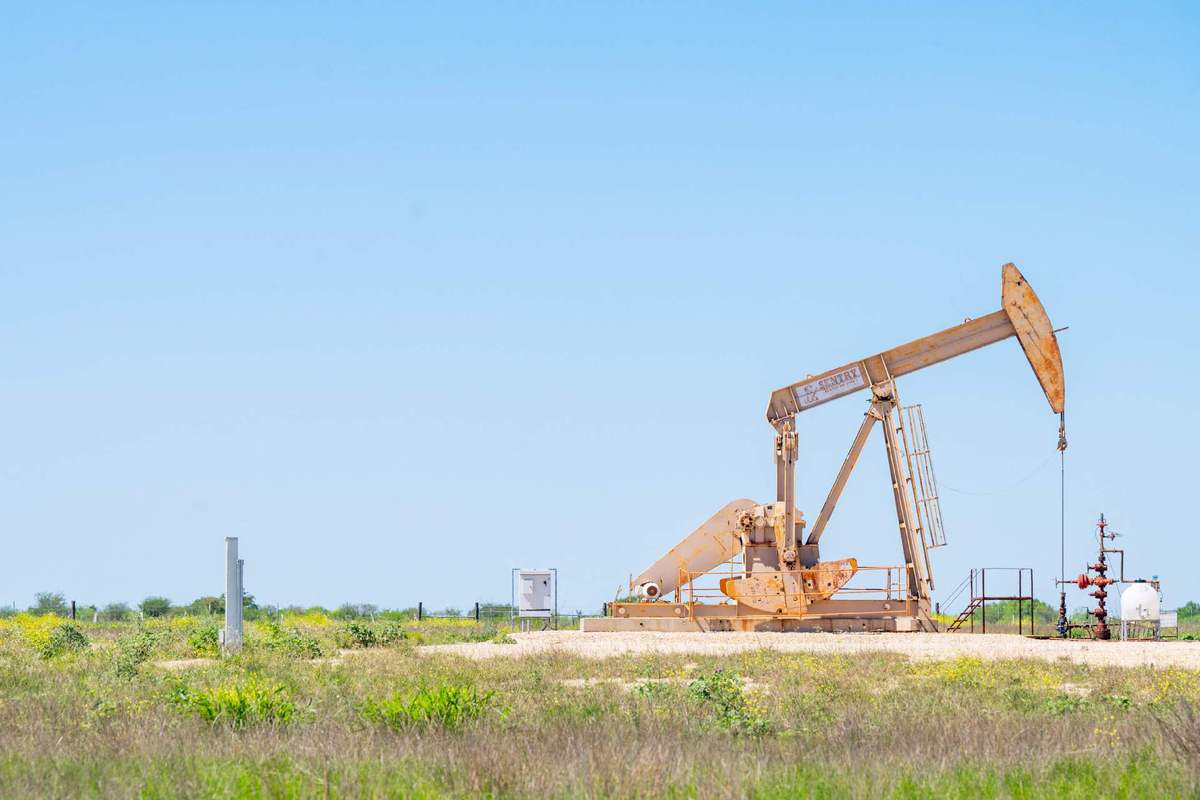Cost of oil may plummet down to '$40 a barrel'
Goldman Sachs says overproduction, Trump's tariffs having major impact


Oil prices slumped again on Monday before partially recovering on Tuesday as traders reacted to new tariffs on imports into the United States, and fears they will trigger a global recession.
Prices rose on Asian markets on Tuesday by more than 1 percent after a selloff on Monday took them to a four-year low, 2-percent down on the previous session. It followed a 7-percent slump on Thursday, after Trump introduced his tariffs.
Brent futures went back up 72 cents on Tuesday, a rise of 1.1 percent, to sit at $64.93 a barrel. West Texas Intermediate, or WTI, crude futures rose 75 cents, or 1.2 percent, to $61.45 before the start of European trading.
Warren Patterson, head of commodities strategy at ING, told the Reuters news agency the rally was aided by steadier equity markets.
"The market has sold off heavily in recent days, as it starts to price in a significant demand hit. However, how much of a demand hit we see is still very unclear," he said.
Analysts believe Trump's tariffs will slow global growth and dampen demand for fuel.
After China said it will respond to Trump's tariffs with 34 percent taxes on imports from the US and Trump said he would respond to that with an additional 50 percent tariff, analysts said the prospect of a global slowdown is very real.
Reuters quoted Tony Sycamore, a market analyst with IG, as saying: "Should China stand firm, the total tariff rate on its imports to the US would climb to an astonishing 104 percent, a move likely to trigger a further souring of risk sentiment, steep drops in global stock markets, and accelerate the pace of the global economy's descent into recession." And he said that would push oil prices even lower.
Falling oil prices are threatening the economy of Russia, a major oil producer, Tass news agency has said. Elvira Nabiullina, governor of Russia's central bank, said they are monitoring the situation.
Goldman Sachs has said Brent oil could fall to less than $40 a barrel, but only in an "extreme" scenario. The investment bank said Brent, the international benchmark for crude oil, and WTI, the US benchmark, would hit such a low if global economic factors remain troubled, if oil production remains high, and if the US slips into a recession, with per-barrel prices hitting $50 by December 2026 and $40 after that.
"What we're seeing in oil prices reflects the fundamental interconnectedness of energy and economic systems," Angie Gildea, the US energy leader at KPMG, wrote on Monday. "Increased production combined with growing concerns about global economic growth has shifted market psychology from scarcity to surplus."
earle@mail.chinadailyuk.com

































